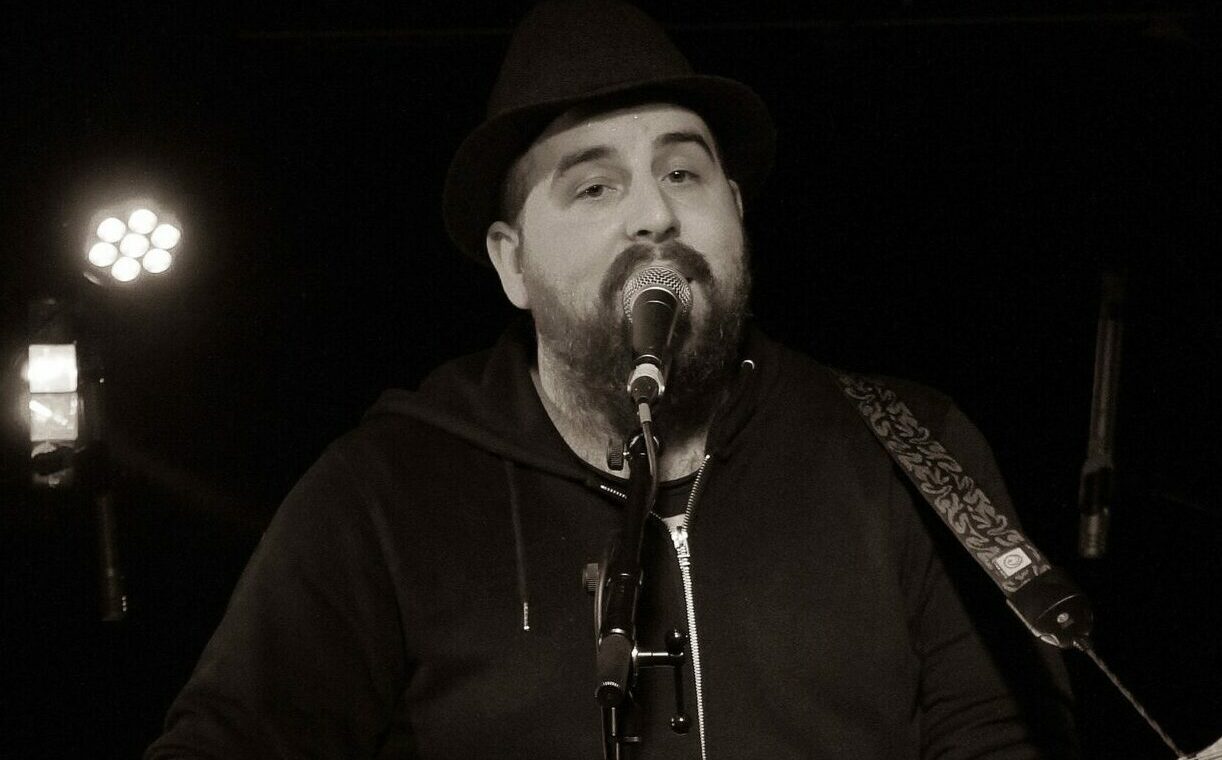Eyvindur Karlsson is an Icelandic singer-songwriter, theater professional and author. He teaches songwriting to serious musicians who want to improve their skills and write better songs. Eyvindur writes Americana and folk music in the vein of Tom Waits and Nick Cave, and likes to tell sad stories, mixed with a good dose of humor. He has published a crime novel, been a translator for many years, directed and acted in theater productions, written songs for award winning musicals, traveled around the world with his theater projects and has worked on TV and radio series. He lives in Iceland, with his wife and two sons.
Connect with Eyvindur
WEBSITE: https://Onebadday.is
SONGWRITING: https://strongwriting.net
